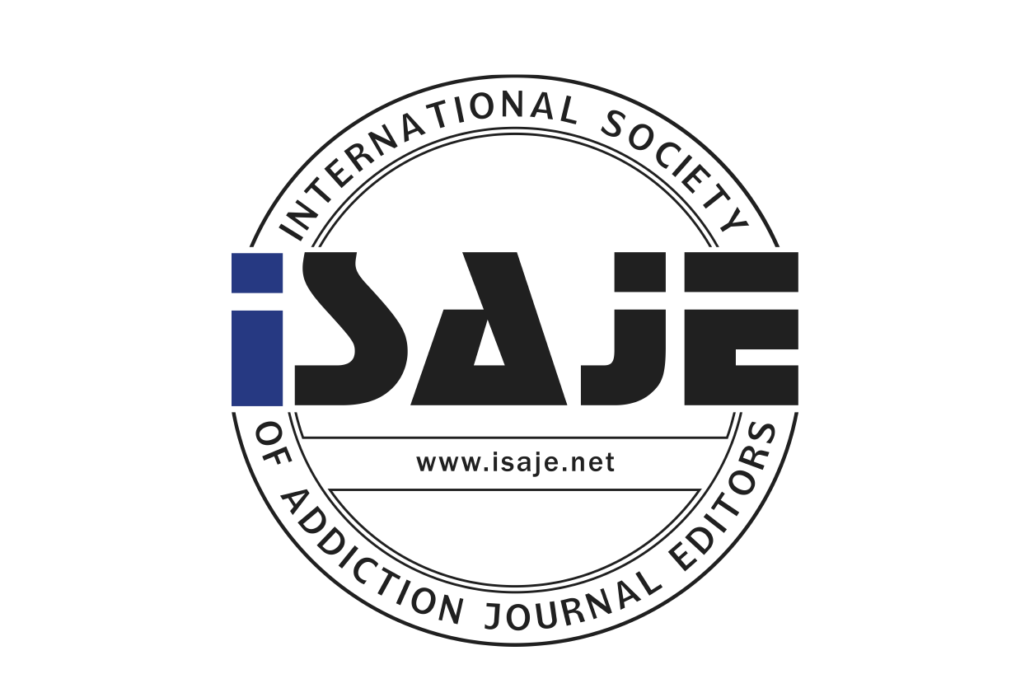BENOÎT VAN CALOEN /
Résumé :
Cet article propose une réfiexion sur le contexte de société – après postmoderne –, ses valeurs fondatrices, telles que l’individualisme et l’exigence de productivité, et les rôles multiples que la personne est appelée à y jouer (Taylor, C., 2002; Castel, R., 1995b, c). L’usage de drogues s’inscrit directement dans l’insertion sociale de l’individu, en soutien aux exigences lourdes de la société ou au contraire en retrait, jusqu’à la déstructuration (Ehrenberg, A., Mignon, P. 1992). Le retrait à plus long terme représentant un danger potentiel pour le bon fonctionnement de la société, la sanction sous forme de marginalisation et d’exclusion sociale est importante (Becker, H., 1985; Goffman, E., 1975). Alors que la sortie de la toxicomanie devient de plus en plus un fait établi, c’est-à-dire que la plupart des toxicomanes recouvrent une position plus productive dans la société (Castel, R., 1998a), qui plus est dans une proportion importante sans aide professionnelle (Coppel, A., In Padieu R. e. a., 1997; Mercier, In Commission sénatoriale Nolin, 2001), force est d’admettre que la personne toxicomane est un acteur agissant sur sa trajectoire (Crozier, M., Friedberg, E., 1977). Ce constat a des implications fondamentales sur la position autant du client en intervention que de l’intervenant. Quelques enjeux fondamentaux pour la prévention et le traitement sont présentés.
Mots-clés : Usage de psychotropes, analyse, sociologie, traitement, prévention, individualisme, soutien à la productivité, retrait social
Dilemmas of Individualism : a Societal Context of Drug Use
Abstract
This paper proposes a refiection on the society’s context – after postmodernism –, its founding values, such as individualism and the requirement of productivity, and the multiple social roles one is assigned to play (Taylor, C., 2002;Castel, R., 1995b, c). Drug use is directly bond to the individual’s social insertion, in support of the society’s heavy demands, or on the contrary, withdrawing, including overall disorganisation (Ehrenberg, A., Mignon, P. 1992). The long term social withdrawal being a potential danger towards society’s good functioning, the sanction, in the shape of marginalization and social exclusion, is considerable (Becker, H., 1985;Goffman, E., 1975). Within this context, when leaving drug addiction becomes more and more an established fact, i. e. the majority of the drug addicts recover a more productive position within the society (Castel, R., 1998a), in addition a big proportion among them without any professional help (Coppel, A., In Padieu, R. e. a., 1997; Mercier, In Commission sénatoriale Nolin, 2001), one has to admit that the addicted person is an actor acting on its trajectory (Crozier, M., Friedberg, E., 1977). This statement has fundamental implications for the position of both the client in treatment, and the clinician. A few fundamental issues at stake with regards to prevention and treatment are presented.
Key words: Drug use: analysis, sociology, treatment, prevention, individualism, support productivity, social withdrawal
Dilemas del individualismo : un contexto societario de la utilización de drogas
Resumen
Este artículo propone una reflexión sobre el contexto de sociedad -posterior posmoderna—, sus valores fundacionales tales como el individualismo y la exigencia de la productividad y los múltiples papeles que la persona debe cumplir (Taylor, C., 2002; Castel, R., 1995b,c). El consumo de drogas se inscribe directamente en la inserción social del individuo, en apoyo a las pesadas exigencias de la sociedad o, al contrario, de manera retirada, hasta la desestructuración (Ehrenberg, A., Mignon, P. 1992). Al representar el retiro a más largo plazo un peligro potencial para el buen funcionamiento de la sociedad, la sanción en forma de marginalización y de exclusión social es importante (Becker, H., 1985; Goffman, E., 1975). En tanto la salida de la adicción se transforma cada vez más en un hecho concreto, es decir, que la mayor parte de los toxicómanos recobran una posición más productiva en la sociedad (Castel, R., 1998a), más aun, en una proporción importante sin ayuda profesional (Coppel, A., en Padieu R. e.a., 1997; Mercier, en Commission sénatoriale Nolin, 2001), hay que admitir que el toxicómano es un actor que actúa sobre su trayectoria (Crozier, M., Friedberg, E., 1977). Esta constatación tiene consecuencias fundamentales sobre la posición tanto del cliente en intervención como del interviniente. Se presentan algunas cuestiones fundamentales para la prevención y el tratamiento.
Palabras clave: Uso de psicotrópicos: análisis, sociología; tratamiento; prevención; individualismo; apoyo a la productividad; retiro social
Tous droits réservés © Drogues, santé et société, 2004







